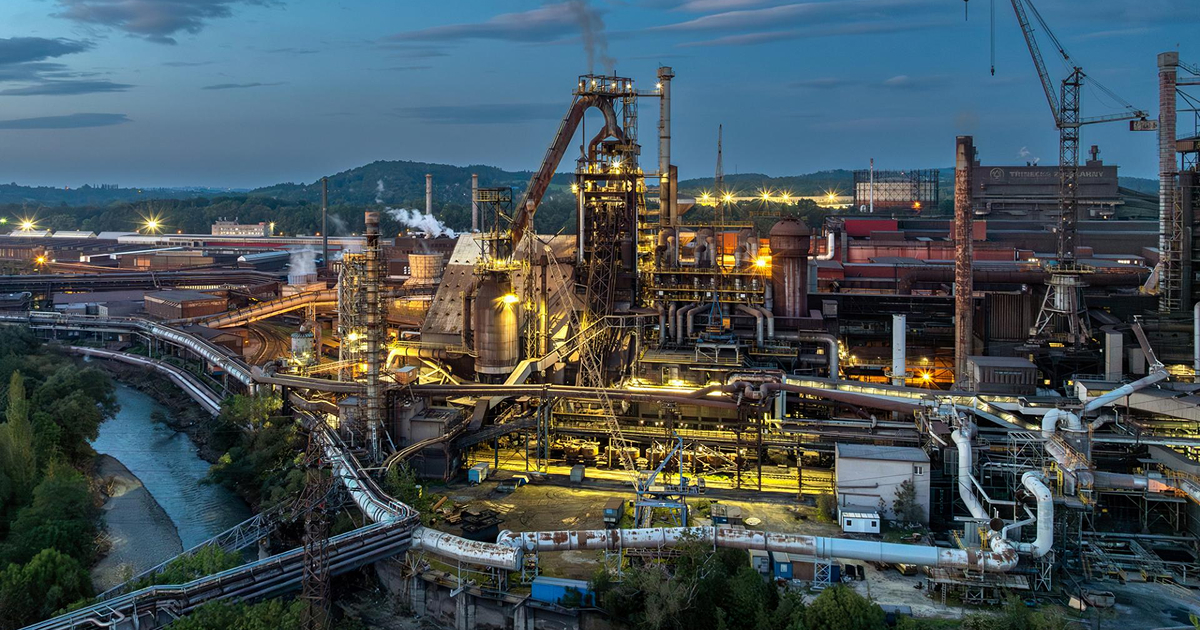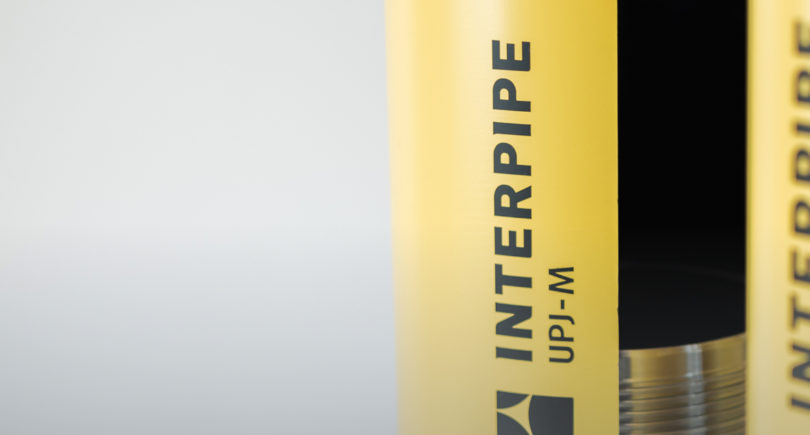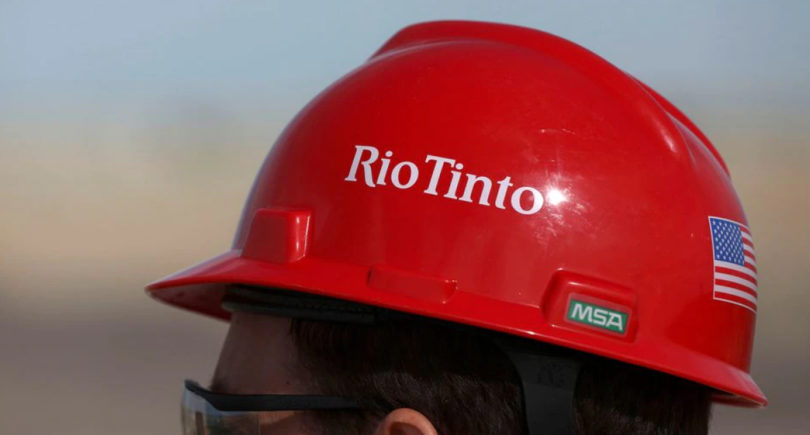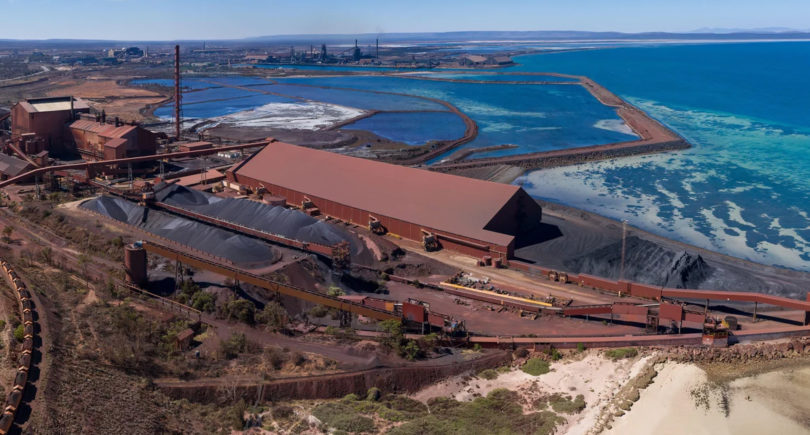
News Companies Czech Republic 80 25 June 2025
The main share of sales was accounted for by wire – 941,000 tons, rolled steel – 471,000 tons, and rails – 241,000 tons
In 2024, Czech steel giant Třinecké železárny (TŽ) increased its steel production to 2.425 million tons, which is 10,000 tons more than a year earlier. Thus, the company confirmed its status as a stable steel producer in Europe despite the difficult economic period, a decline in apparent steel consumption, and falling demand, according to a press release.
Financial results remain challenging. Revenue from sales of products and services decreased by 4.7% year-on-year – to CZK 47.37 billion. However, thanks to strict cost control, the company was able to record a net profit of CZK 316 million, compared to CZK 44 million in 2023.
Wire accounted for the largest share of sales, at 941,000 tons. Another 471,000 tons were rolled products, and 241,000 tons were railroad rails. Exports accounted for 69% of sales, while 31% of products were supplied to the domestic market.
Despite market pressure and competition from cheap imported steel from Asia and North Africa, the company has not stopped investing in development. In 2024, TŽ invested 1.578 billion crowns in modernization, and in 2025, the main focus will be on decarbonization projects. These include the launch of a briquetting line with the potential to reduce CO2 by 70,000 tons per year and the automation of a continuous steel casting line.
However, the strategic investment in the construction of an electric arc furnace has been postponed until at least 2030 due to a lack of government support and regulatory uncertainty. The total cost of the transition to low-carbon production is estimated at more than CZK 25 billion.
Třinecké železárny currently employs more than 6,800 people and up to 30,000 people in related industries, remaining an important part of the Czech Republic’s industrial and energy security.
In March this year, the Czech government promised to support Třinecké železárny’s efforts to transition to environmentally friendly production methods, which will help increase competitiveness. The company plans to reduce emissions by 55% by 2030.




